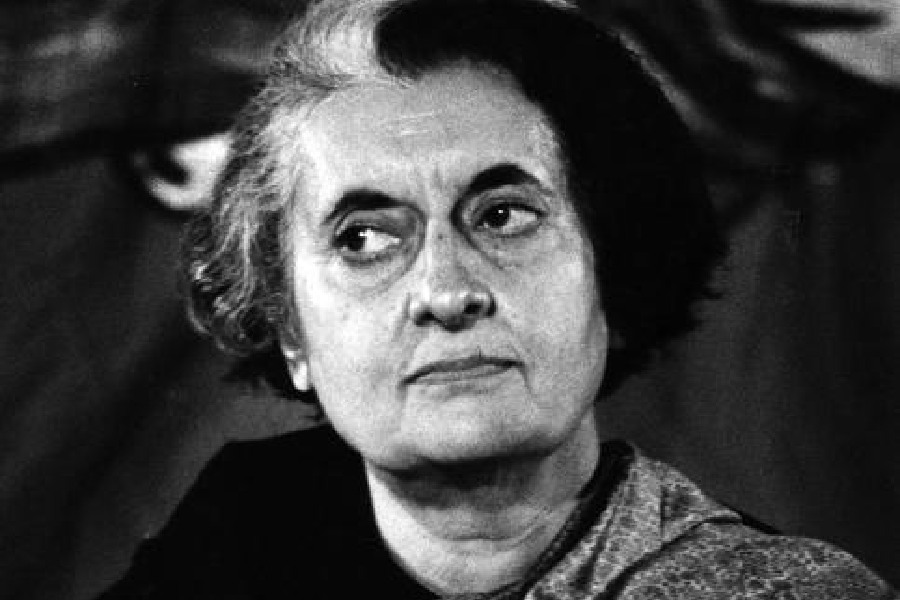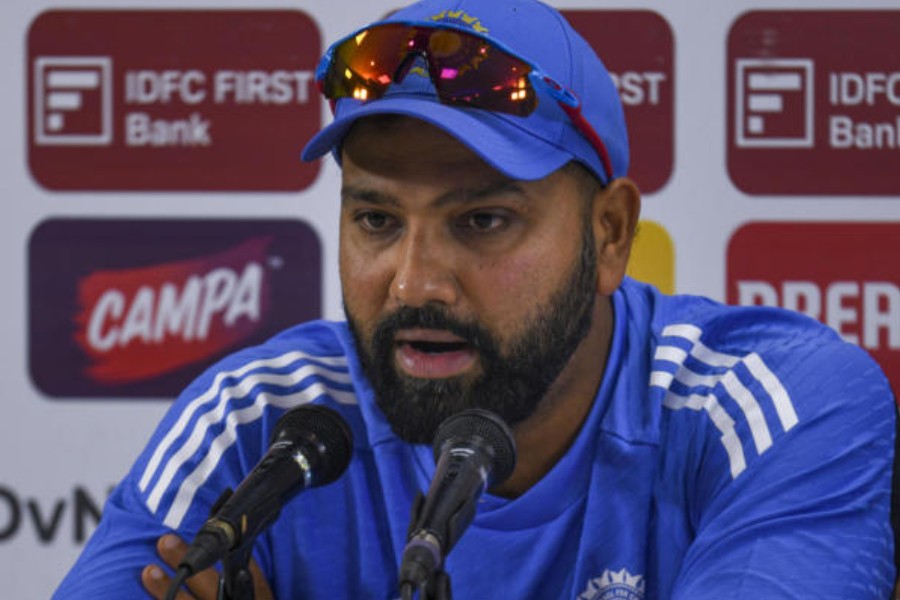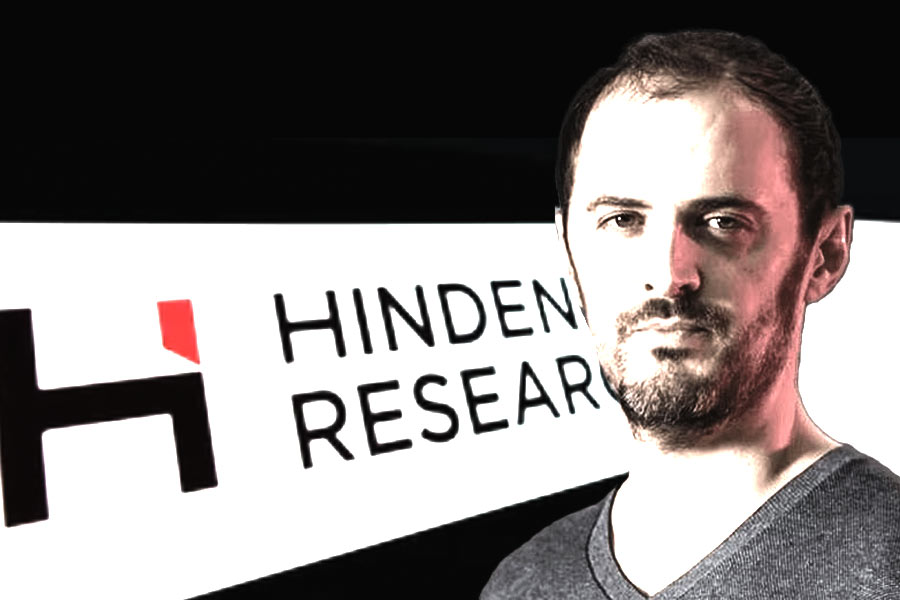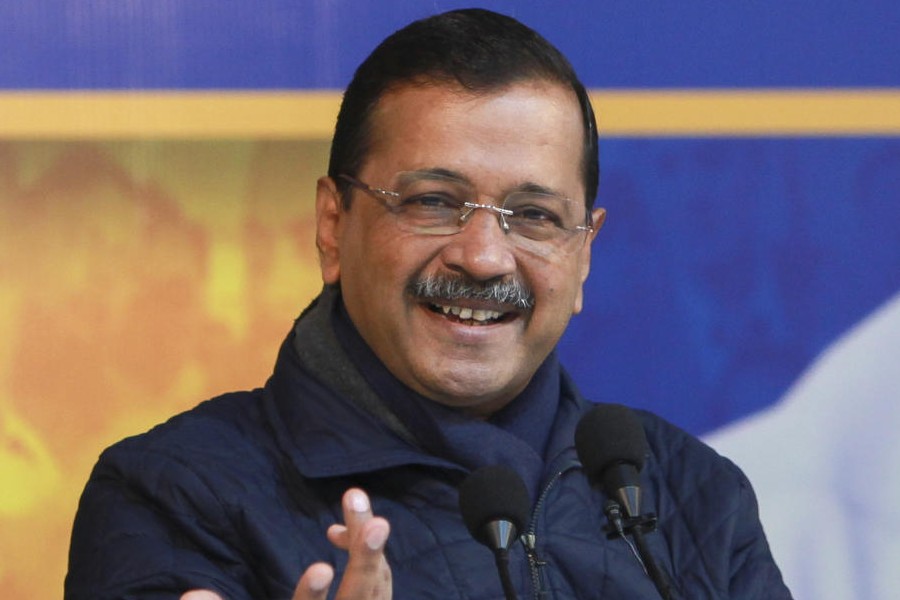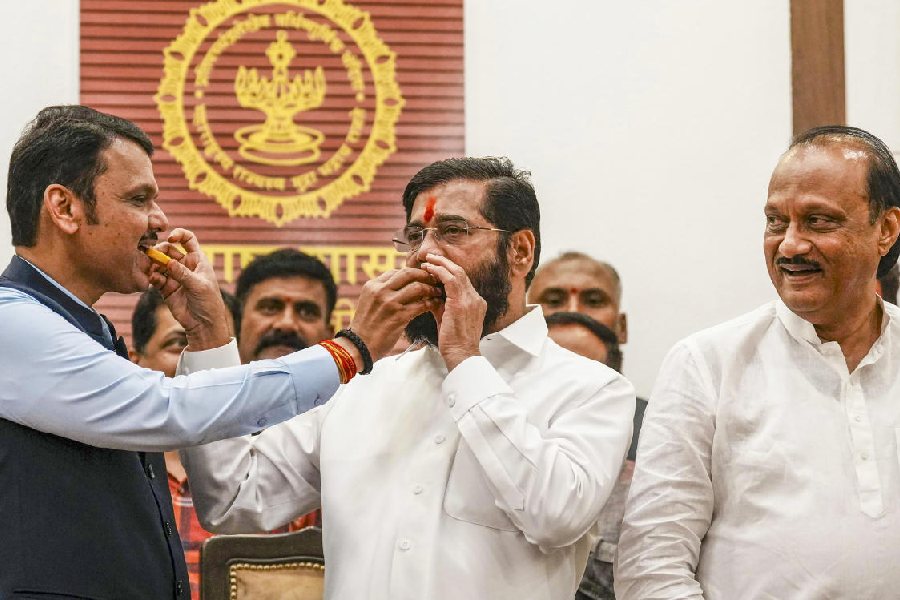The NDA government on Wednesday found merit in an Emergency-era decision to shift education to the concurrent list from the state list, a realisation whose unintended irony was not lost on anyone.
In 1976, the Indira Gandhi government through the 42nd amendment to the Constitution put education on the concurrent list, thereby allowing both the Centre and the states to collaborate on the subject.
On Wednesday, DMK member P. Wilson asked education minister Dharmendra Pradhan in the Rajya Sabha the reason behind not going back to the old system by including education in the state list as it would help in policymaking with regard to the local context.
Pradhan said he was not in favour of education being restored to the state list.
“Actually, education should be on the concurrent list. Both the governments should be accountable to the country. Both have respective roles. Indira Gandhi, when she was Prime Minister, started this practice. She amended the law and put it on the concurrent list. I think it is a good practice. Today, due to this practice, there is an all-India nature of education, there is compatibility in the entire country,” Pradhan said.
Pradhan’s statement supporting a decision taken during the Emergency came at a time the Narendra Modi government has resolved to observe June 25, the day the Emergency was declared, as Samvidhaan Hatya Divas.
Modi and other BJP leaders have consistently attacked the Congress over the
Emergency.
NTA questions
Rashtriya Janata Dal member Manoj Jha, an academic at Delhi University, asked Pradhan if the question patterns in the entrance tests would change as the objective- type questions asked by the National Testing Agency (NTA) were failing to assess the depth of knowledge of students.
Pradhan appeared to rule out any change in the objective-type questions.
“The people who frame questions are learned academics like Manoj Jha. Whatever the academics say, that is being followed. It will continue,” Pradhan said.
Academics from across institutions have said that objective-type questions are not the correct way to select students from various courses in different universities.
Shiv Sena (Uddhav) member Priyanka Chaturvedi asked if the centralised entrance exam has resulted in the proliferation of coaching institutes. Pradhan said the government was trying to reduce the influence of coaching institutions. Pradhan said the candidates who took the NEET at centres in Sikar, an emerging coaching hub in Rajasthan, had done well because “Sikar has been a centre of learning for long”.
During her reply to the discussion on the Union budget in the Rajya Sabha, finance minister Nirmala Sitharaman said there had been a demand by former finance minister P. Chidambaram for scrapping the NEET. She said the NEET as a centralised entrance exam was conceptualised by the UPA government in 2010. When it was challenged in the Supreme Court in 2013, the government lawyers had defended a centralised NEET.
Chidambaram had also asked why the state governments should not be able to appoint vice-chancellors of their universities. Sitharaman quoted a judgment of the Supreme Court of 2022 to say that in case of conflict between a state law and a central law, the central law shall prevail. The regulations of the University Grants Commission (UGC) on the appointment of teachers have prescribed norms for the appointment of VCs as well. The UGC regulations have to be followed by the states, she said.

